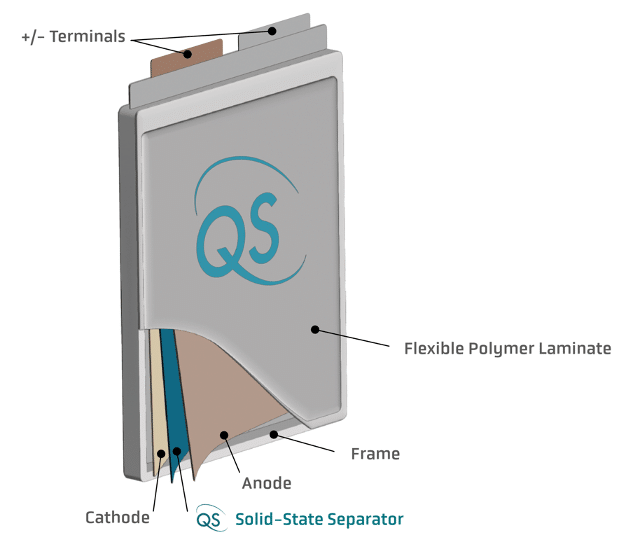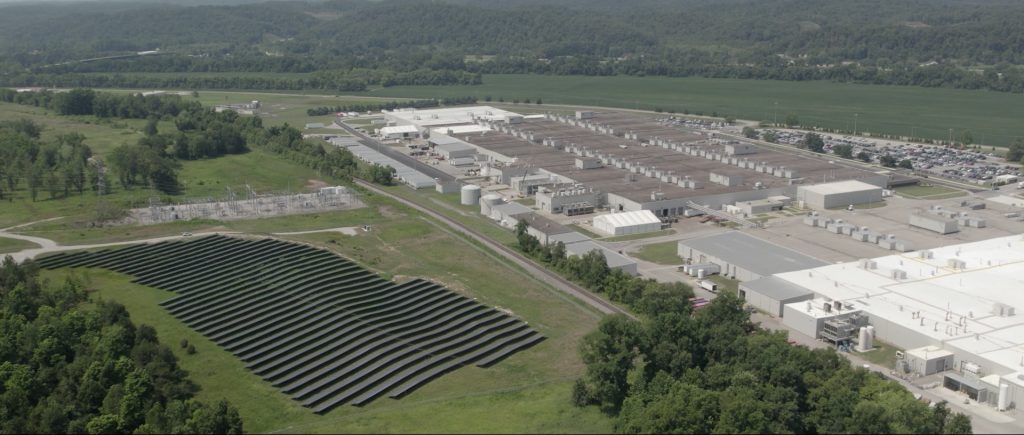Questions & Answers from our Friends at EarthTalk®
Are solid-state electric vehicle (EV) batteries a solution to some of the issues with the lithium-ion batteries powering our EVs today? — Jack Whitcore, Salem, OR
Solid-state batteries have emerged as a promising technological advancement that could potentially revolutionize the EV industry. As concerns about climate change intensify, there is a growing need to transition away from nonrenewable energy sources, not only in power generation but also in transportation. The widespread adoption of solid-state batteries could play a key role in driving the prevalence of EVs, offering a cleaner and more sustainable alternative to fossil fuel-powered cars.
To understand the significance of solid-state batteries for EVs, one needs to grasp the current challenges with lithium-ion batteries—the main energy storage technology in EVs today. They have many drawbacks: limited energy storage, fire safety concerns, short lifespans and a huge carbon footprint due to the mining of lithium and other heavy metals. These have prompted researchers to explore alternatives.

Solid-state batteries address many issues by replacing the liquid electrolyte in lithium-ion batteries with a solid electrolyte. This cuts the risk of fires, and allows for more storage. And the solid-states have a lower carbon footprint than the lithium-ions and have longer lifespans, so they’re a more durable and sustainable EV option. According to the Centre for Process Innovation’s Scott Gorman, solid-state batteries use fewer materials, and could reduce climate impacts by 39 percent compared to lithium-ion batteries.
The environmental implications of moving to solid-state EV batteries are significant. As demand for EVs keeps rising, reducing the carbon footprint associated with their production and operation becomes imperative. Solid-state batteries can help by offering a cleaner and more efficient energy storage solution. With nonrenewable energy sources a major contributor to climate change, the adoption of solid-state batteries in EVs aligns with global efforts to mitigate the impact of transportation on the environment.
Moreover, the development of solid-state batteries is driving innovation in the automotive industry. Companies investing in research and development to improve the performance and cost-effectiveness of solid-state batteries are likely to spearhead the next wave of EV technology and lead to more affordable and accessible EVs, making them a viable option for a broader segment of the population.
So far, Toyota is leading the race to develop solid-state batteries. Volkswagen, Hyundai, Nissan and Honda are also developing their own solid-state batteries. And several smaller companies—Schaeffler, QuantumScape, SolidEnergy Systems, Solid Power, Sila Nanotechnologies, Albemarle and Ilika, to name a few—are dedicated to developing solid state batteries that can be mass produced inexpensively.

However, challenges remain in scaling up the production of solid-state batteries to meet growing demand for EVs. Manufacturers need to overcome various production costs and scalability issues. Proponents of the technology are pushing for government support to help bolster R&D and commercialization efforts so that someday in the future we can have EVs with the safest, greenest batteries possible.
CONTACTS: The search for a better EV battery; Toyota’s Rival In Solid-State EV Development Is A Supplier: Schaeffler.
EarthTalk® is produced by Roddy Scheer & Doug Moss for the 501(c)3 nonprofit EarthTalk, which welcomes donations. See more at E Magazine. Send questions to: question@earthtalk.org.
